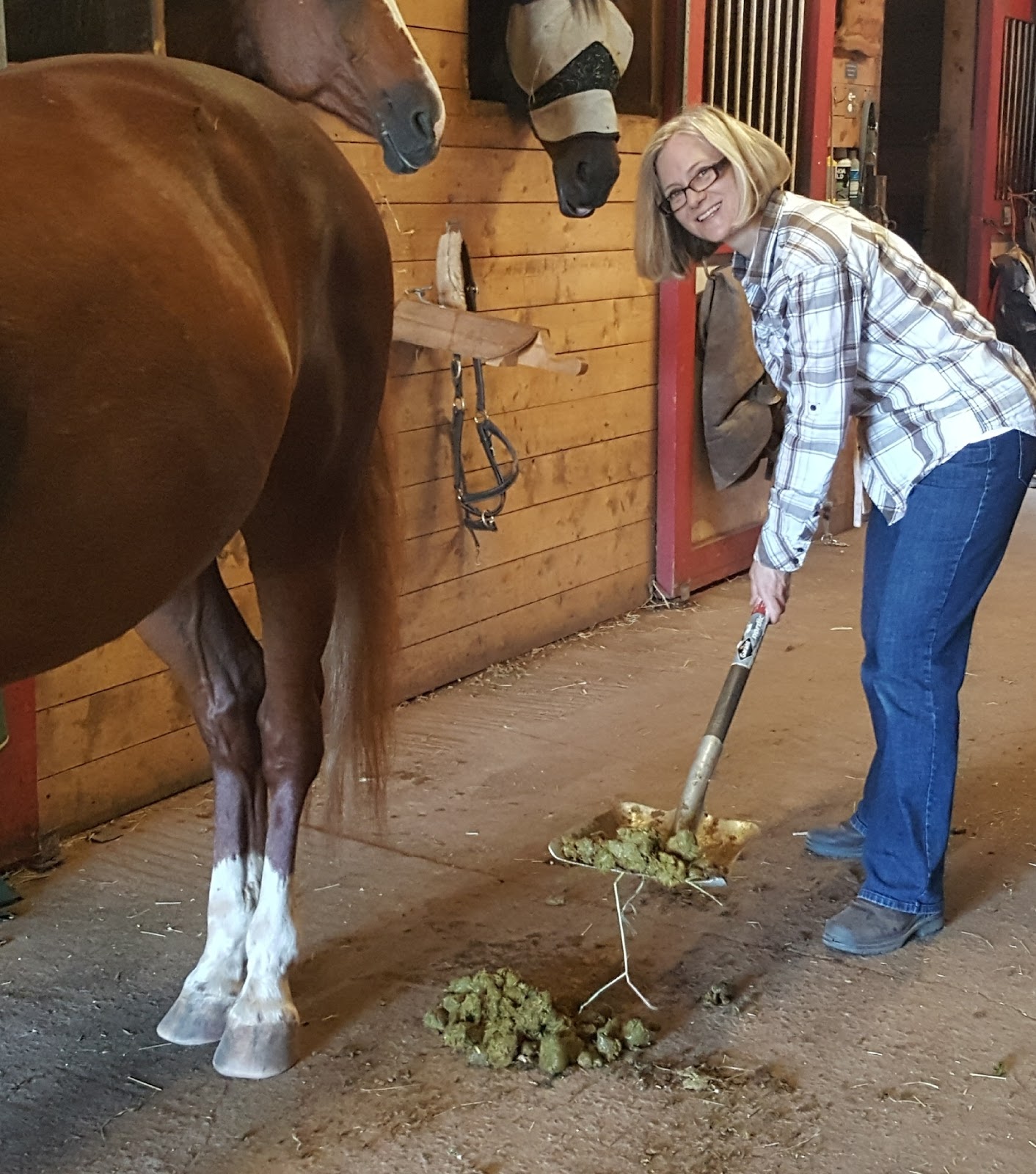Horseshit, often dismissed as mere manure, holds a wealth of potential and importance in various sectors, from agriculture to gardening. Many people might think of it as just waste, but in reality, it is a valuable resource that can significantly enrich soil health and promote sustainable farming practices. In this article, we will delve deep into the world of horseshit, exploring its benefits, uses, and dispelling common myths surrounding it. Whether you're a farmer, gardener, or simply curious about organic materials, this comprehensive guide will provide you with all the information you need.
Throughout this article, you will learn about the composition of horseshit, how it can be used effectively in gardening and farming, and why it is considered a cornerstone of organic agriculture. We will also discuss the environmental impact of using horseshit compared to synthetic fertilizers, shedding light on why many experts advocate for its use. By the end of this article, you will have a deeper understanding of horseshit and its role in promoting healthy ecosystems.
So, let’s saddle up and embark on this journey to uncover the truths about horseshit. From its historical significance to modern-day applications, we will explore every facet of this remarkable organic material.
Table of Contents
- What is Horseshit?
- Nutritional Value of Horseshit
- Uses of Horseshit in Agriculture
- Benefits of Horseshit in Gardening
- Common Myths About Horseshit
- Environmental Impact of Using Horseshit
- How to Use Horseshit Effectively
- Conclusion
What is Horseshit?
Horseshit, or horse manure, is the fecal matter produced by horses. It is composed primarily of undigested plant materials, urine, and microorganisms. This organic matter has been utilized for centuries in various cultures as a natural fertilizer. Its rich nutrient profile makes it an excellent addition to soil, enhancing its structure and fertility.
Composition of Horseshit
The composition of horseshit varies depending on the horse's diet, but it generally contains:
- Organic matter
- Nitrogen
- Phosphorus
- Potassium
- Microorganisms
Nutritional Value of Horseshit
Horseshit is often praised for its high nutritional value, making it a sought-after organic fertilizer. Here are some key nutrients found in horseshit:
- Nitrogen: Essential for plant growth, nitrogen helps in the development of leaves and stems.
- Phosphorus: Important for root development and flower production.
- Potassium: Aids in overall plant health and drought resistance.
These nutrients work together to promote healthy plant growth, making horseshit a valuable resource for both farmers and gardeners.
Uses of Horseshit in Agriculture
Farmers have long recognized the benefits of using horseshit as a natural fertilizer. Here are some common agricultural applications:
- Soil Amendment: Horseshit improves soil structure, increases water retention, and enhances microbial activity.
- Crop Fertilization: It provides essential nutrients for crops, leading to higher yields.
- Composting: When composted, horseshit can break down into a nutrient-rich soil amendment.
Benefits of Horseshit in Gardening
In addition to its agricultural uses, horseshit has numerous benefits for home gardeners:
- Improves Soil Health: Enhances soil structure and fertility, leading to healthier plants.
- Encourages Microbial Activity: Supports beneficial microorganisms that aid in plant growth.
- Reduces Waste: Utilizing horseshit in gardening promotes sustainable practices by recycling waste.
Common Myths About Horseshit
Despite its many benefits, several myths surround horseshit. Let’s debunk some of these misconceptions:
- Myth 1: Horseshit smells bad – While fresh horseshit can have a strong odor, composting it can significantly reduce the smell.
- Myth 2: It attracts pests – Properly managed horseshit does not attract pests and can help control them.
- Myth 3: It’s not effective as a fertilizer – Studies have shown that horseshit can be just as effective as commercial fertilizers.
Environmental Impact of Using Horseshit
The use of horseshit as a fertilizer has a positive impact on the environment. Here’s why:
- Reduces Chemical Runoff: Using organic fertilizers like horseshit minimizes the risk of chemical runoff into waterways.
- Improves Soil Health: Healthy soil can sequester carbon, helping combat climate change.
- Promotes Biodiversity: Organic matter supports a diverse range of organisms in the soil.
How to Use Horseshit Effectively
To maximize the benefits of horseshit, follow these guidelines:
- Composting: Compost horseshit before applying it to plants to reduce pathogens and odors.
- Application: Use horseshit as a top dressing or mix it into the soil before planting.
- Timing: Apply horseshit in the fall or early spring for best results.
Conclusion
In conclusion, horseshit is not just waste; it is a valuable resource that can enhance soil health, promote sustainable practices, and support plant growth. By understanding its benefits and dispelling common myths, we can appreciate the important role horseshit plays in agriculture and gardening. If you have any thoughts or experiences with horseshit as a fertilizer, feel free to leave a comment below!
Thank you for reading this comprehensive guide on horseshit. We hope you found it informative and inspiring. Don’t forget to share this article with fellow gardening enthusiasts or farmers, and check out our other articles for more tips on sustainable practices!




